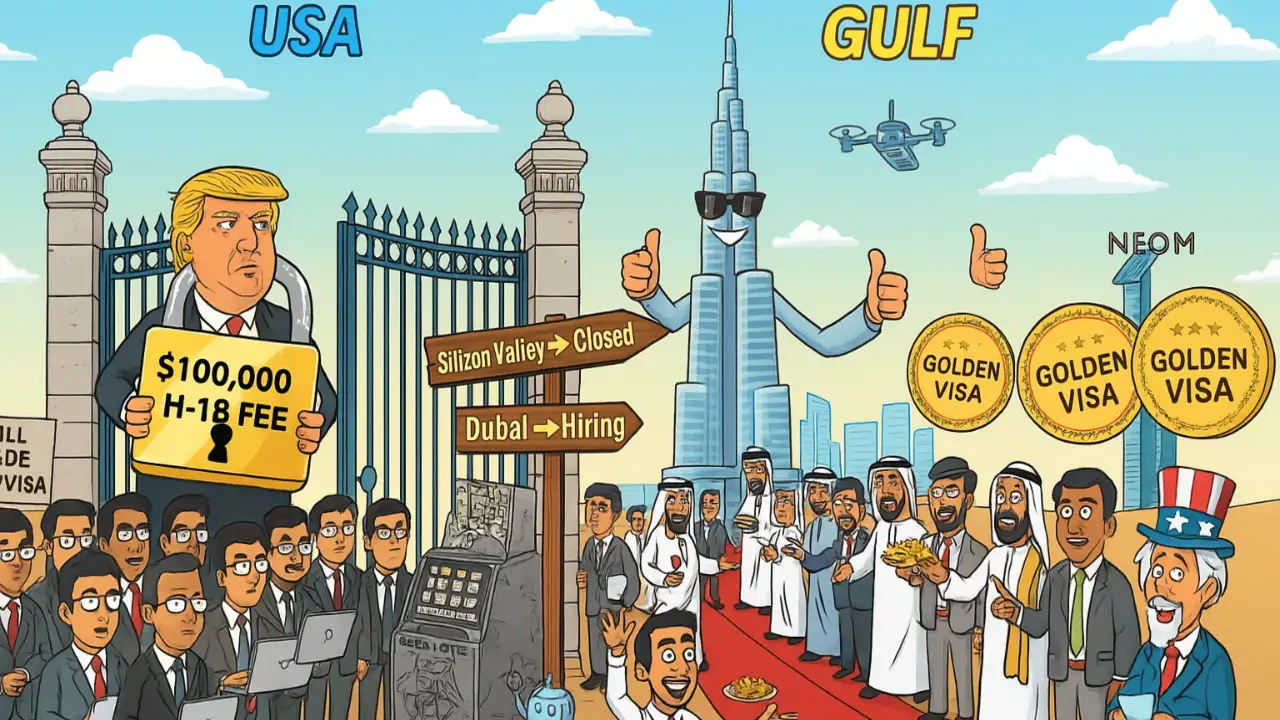By Stabroek News,Venezuelan President Nicol
Copyright stabroeknews

One thing is certain about the 13th Parliament when it convenes: it will be far livelier and more colourful than anything during the 12th. But it will it achieve more? That is the question. Opposition performance in the last Parliament was hobbled by the fact that APNU+AFC which held 31 seats was completely discredited after having presided over a failed attempt to rig it back into power in 2020. It never apologised or took ownership for the blatant attempt to overturn the people’s will and this undercurrent dragged down its performance. It was not helped by the fact that very little imagination and hard work was shown by the APNU+AFC MPs despite the considerable powers available in the Parliamentary setting. It was further cheapened by the most disreputable conduct of Dr Asha Kissoon – who obviously under the spell of the PPP/C – refused to give up her seat to A New and United Guyana as had been agreed.
Even though it has a commanding majority of seven seats, the PPP/C is likely to find itself under much greater scrutiny in this Parliament as long as the opposition MPs deliver on their mandate. Instead of the largely monolithic APNU+AFC in the 12th Parliament it faces a different array this time around.
First up is the Leader of We Invest in Nationhood (WIN) Azruddin Mohamed who has said he is prepared to accept the mantle of Leader of the Opposition which would be his as long as his members vote for him. Of all the 65 members in Parliament he will be the one who commands the attention of friend and foe every time he rises or is recognized to speak given his US-sanctioned background, his perceived inarticulateness, his flashy lifestyle and his populist appeal. Though one can suffer from overexposure, in Mr Mohamed, WIN has a formidable tool to energise Parliament and beyond. WIN also features Vijay Panday who will be able to address Parliament on the crucial sugar industry, one of the enormous failures that beset the PPP/C in the 12th Parliament. WIN also has MPs from the former APNU+AFC government such as Tabitha Sarabo-Halley, Dawn Hastings-Williams and Natasha Singh-Lewis. As long as they are prepared for hard work there could be some impact. Social media influencer Odessa Primus will also evoke interest.
On the A Partnership for National Unity (APNU) bench, the PPP/C could face a stern examination from Terrence Campbell who has no political baggage but is a successful businessman who clearly has ambitions. He has shown himself on the campaign trail to be able to take on the PPP/C and its record in office and his experience on a sub-committee of the Natural Resource Fund also puts him in pole position to address this very important sector of the economy.
While the Forward Guyana Movement has started out on the wrong footing with internal squabbles, its leader Amanda Walton-Desir will likely subject the PPP/C to a stern examination particularly on the foreign relations front for which she was the shadow in the 12th Parliament.
It is not only in debate where the opposition can have influence and heft. There are even more potent openings in the committees of Parliament and by mastering the Standing Orders. Who will be the opposition Chief Whip and will that person use the position to maximum effect?
Arguably, since the constitutional reforms at the turn of the century, no opposition side has utilized the enormous powers contained within the committee system to full effect and to hold the government accountable. What the 29 opposition MPs have to learn quickly is how to use these attributes to keep the government accountable notwithstanding its robust majority in Parliament.
Undoubtedly from the outset the opposition should be tabling questions on all manner of things such as the number of Commonwealth citizens who have naturalized in the last five years, the current cost of the gas to energy project, the withholding of the census results and the final outturn for the Bamia Primary School and the Bellevue Pump Station. It doesn’t end there. Motions can be tabled together with applications for the consideration of matters of urgent definite importance. What the opposition would need is to ensure that their Chief Whip can minimise the room for the Speaker to easily disallow applications as was evident in the last Parliament.
Aside from the Parliamentary Management Committee, the opposition can make much of the opportunities on the Public Accounts Committee (PAC) and the sectoral committees. In the 12th Parliament, the PPP/C destabilized the work of the PAC by forcing a change to the quorum rules. The opposition chairs this vital committee and must log and draw to the public’s notice all attempts to hamstring the work of the committee by the non-attendance of MPs at meetings. With 36 MPs the PPP/C will have no excuse for naming Ministers of government to the committee. The PAC will be able to interrogate the auditor general’s reports and it must also examine ways for contemporaneous investigations of breaches of the Fiscal Management and Accountability Act and the Procurement Act.
Then there are the sectoral committees on Foreign Relations, Social Services, Economic Services and Natural Resources. Each of these, once convened regularly, can give the opposition an important role in holding the government accountable and enabling the voice of the people to be heard. These committees can hold hearings, issue summons to members of the public to appear before them and deliver reports to Parliament. Given the overwhelming importance of the oil and gas sector today both the economic services and the natural resources committees can have crucial roles to play if the opposition is serious about what it needs to do.
Then there is the Standing Committee for Constitutional Reform. Will there be a movement in the 13th Parliament for this committee to be enlivened for the conduct of constitutional reform and the scrapping of the Constitutional Reform Commission which has thus far achieved nothing?
As it marches deeper into an oil and gas future, Guyana desperately needs good governance and that will be the electorate’s expectation of the re-elected PPP/C government. The opposition has a critical role to play in this process and Parliament provides a range of opportunities for this.
In yesterday’s editorial headlined ‘President Ali’s speech’ it was erroneously reported that the United Nations General Assembly was addressed by Venezuelan President Nicolás Maduro. Stabroek News regrets the error.



